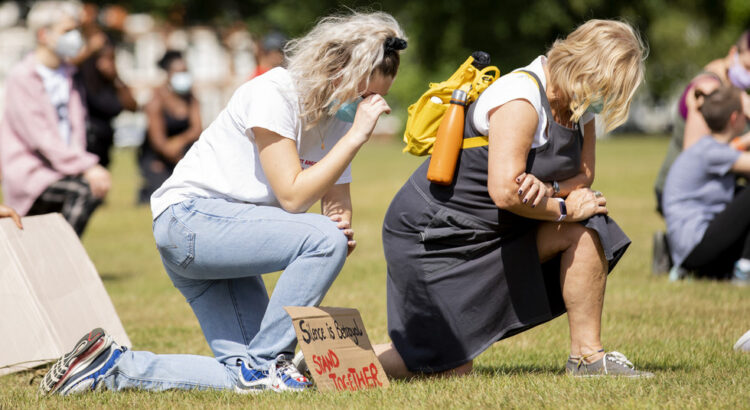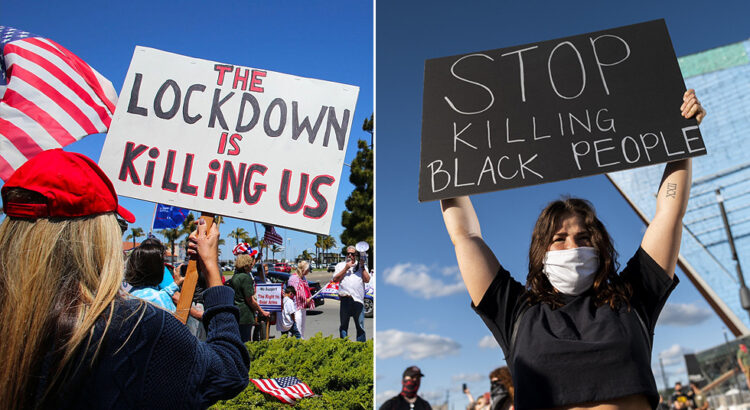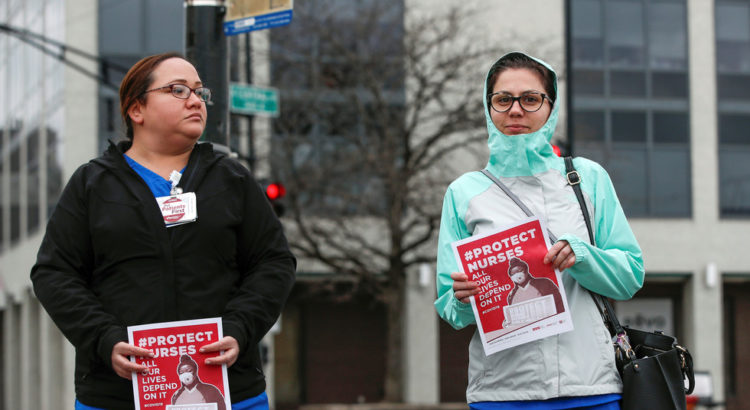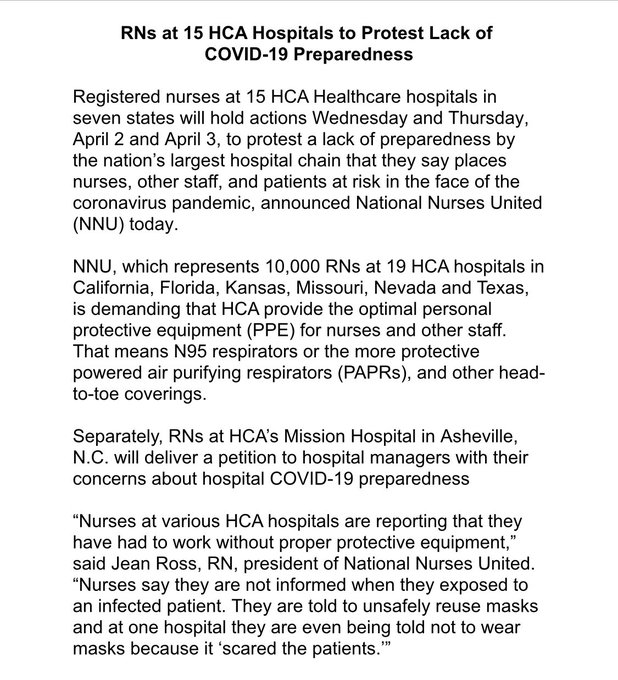Smashing up monuments and disowning the past isn’t the way to address racism and show respect to black people. Feeling guilty patronizes the victims and achieves little.
It was widely reported in the media how on June 21, German authorities were shocked by a rampage of an “unprecedented scale” in the centre of Stuttgart: between 400 and 500 partygoers ran riot overnight, smashing shop windows, plundering stores and attacking police.
The police – who needed four and a half hours to quell the violence – ruled out any political motives for the “civil war-like scenes,” describing the perpetrators as people from the “party scene or events scene.” There were, of course, no bars or clubs for them to visit, because of social distancing – hence they were out on the streets.
Such civil disobedience has not been limited to Germany. On June 25, thousands packed out England’s beaches, ignoring social distancing. In Bournemouth, on the south coast, it was reported: “The area was overrun with cars and sunbathers, leading to gridlock. Rubbish crews also suffered abuse and intimidation as they tried to remove mountains of waste from the seafront, and there were a number of incidents involving excessive alcohol and fighting.”
One can blame these violent outbreaks on the immobility imposed by social distancing and quarantine, and it is reasonable to expect that we’ll see similar incidents across the world. You could argue that the recent wave of anti-racist protests follows a similar logic, too: people are relieved to deal with something they believe in to take their focus away from coronavirus.
We are, of course, dealing with very different types of violence here. On the beach, people simply wanted to enjoy their usual summer vacation, and reacted angrily against those who wanted to prevent it.
In Stuttgart, the enjoyment was generated by looting and destruction – by violence itself. But what we saw there was a violent carnival at its worst, an explosion of blind rage (although, as expected, some leftists tried to interpret it as a protest against consumerism and police control). The (largely non-violent) anti-racist protests simply ignored the orders of the authorities in pursuit of a noble cause.
Of course, these types of violence predominate in developed Western societies – we’re ignoring here the more extreme violence which is already happening and will for sure explode in countries like Yemen, Afghanistan and Somalia. “This summer will usher in some of the worst catastrophes the world has ever seen if the pandemic is allowed to spread rapidly across countries already convulsed by growing violence, deepening poverty and the spectre of famine,” reported the Guardian earlier this week.
There is a key feature shared by the three types of violence in spite of their differences: none of them expresses a consistent socio-political program. The anti-racist protests might appear to, but they fail in so much as they are dominated by the politically correct passion to erase traces of racism and sexism – a passion which gets all too close to its opposite, neo-conservative thought-control.
The law approved on June 16 by Romanian lawmakers prohibits all educational institutions from “propagating theories and opinion on gender identity according to which gender is a separate concept from biological sex.” Even Vlad Alexandrescu, a centre-right senator and university professor, noted that with this law, “Romania is aligning itself with positions promoted by Hungary and Poland and becoming a regime introducing thought policing.”
Directly prohibiting gender theory is, of course, part of the program of the populist new right, but now it has been given a new push by the pandemic. A typical new right populist reaction to the pandemic is that its outbreak is ultimately the result of our global society, where multicultural mixtures predominate. So the way to fight it is to make our societies more nationalist, rooted in a particular culture with firm, traditional values.
Let’s leave aside the obvious counter-argument that fundamentalist countries like Saudi Arabia and Qatar are being ravaged, and focus on the procedure of “thought policing,” whose ultimate expression was the infamous Index Librorum Prohibitorum (List of Prohibited Books), a collection of publications deemed heretical or contrary to morality by the Sacred Congregation of the Index, so that Catholics were forbidden from reading them without permission.
This list was operative (and regularly updated) from early modernity until 1966, and everybody who counted in European culture was included at some point. As my friend Mladen Dolar noted some years ago, if you imagine European culture without all the books and authors who were at some point on the list, what remains is pure wasteland…
The reason I mention this is that I think the recent urge to cleanse our culture of all traces of racism and sexism courts the danger of falling into the same trap as the Catholic Church’s index. What remains if we discard all authors in whom we find some traces of racism and anti-feminism? Quite literally all the great philosophers and writers disappear.
Let’s take Descartes, who at one point was on the Catholic index, but is also regarded today by many as the philosophical originator of Western hegemony, which is eminently racist and sexist.
We should not forget that the grounding experience of Descartes’ position of universal doubt is precisely a ‘multicultural’ experience of how one’s own tradition is no better than what appears to us as the ‘eccentric’ traditions of others. As he wrote in his ‘Discourse on Method’, he recognized in the course of his travels that traditions and customs that “are very contrary to ours are yet not necessarily barbarians or savages, but may be possessed of reason in as great or even a greater degree than ourselves.”
This is why, for a Cartesian philosopher, ethnic roots and national identity are simply not a category of truth. This is also why Descartes was immediately popular among women: as one of his early readers put it, cogito – the subject of pure thinking – has no sex.
Today’s claims that sexual identities are socially constructed and not biologically determined are only possible against the background of Cartesian tradition; there is no modern feminism and anti-racism without Descartes’ thought.
So, in spite of his occasional lapses into racism and sexism, Descartes deserves to be celebrated, and we should apply the same criterion to all great names from our philosophical past: from Plato and Epicurus to Kant and Hegel, Marx and Kierkegaard… Modern feminism and anti-racism emerged out of this long emancipatory tradition, and it would be sheer madness to leave this noble tradition to obscene populists and conservatives.
And the same goes for many disputed political figures. Yes, Thomas Jefferson had slaves and opposed the Haiti revolution – but he laid the politico-ideological foundations for later black liberation. And yes, in invading the Americas, Western Europe did cause maybe the greatest genocide in world history. But European thought laid the politico-ideological foundation for us today to see the full scope of this horror.
And it’s not just about Europe: yes, while the young Gandhi fought in South Africa for equal rights for Indians, he ignored the predicament of the blacks. But he nonetheless successfully led the biggest anti-colonial movement.
So while we should be ruthlessly critical about our past (and especially the past which continues in our present), we should not succumb to self-contempt – respect for others based on self-contempt is always, and by definition, false.
The paradox is that in our societies, the white people who participate in anti-racist protests are mostly the upper-middle class white people who hypocritically enjoy their guilt. Perhaps these protesters should learn the lesson of Frantz Fanon, who certainly cannot be accused of not being radical enough:
“Every time a man has contributed to the victory of the dignity of the spirit, every time a man has said no to an attempt to subjugate his fellows, I have felt solidarity with his act. In no way does my basic vocation have to be drawn from the past of peoples of color. /…/ My black skin is not a repository for specific values. /…/ I as a man of color do not have the right to hope that in the white man there will be a crystallization of guilt toward the past of my race. I as a man of color do not have the right to seek ways of stamping down the pride of my former master. I have neither the right nor the duty to demand reparations for my subjugated ancestors. There is no black mission; there is no white burden. /…/ Am I going to ask today’s white men to answer for the slave traders of the seventeenth century? Am I going to try by every means available to cause guilt to burgeon in their souls? /…/ I am not a slave to slavery that dehumanized my ancestors.”
The opposite of guilt (of the white men) is not tolerance for their continued politically correct racism, most famously demonstrated in the notorious Amy Cooper video that was filmed in New York’s Central Park.
In a conversation with academic Russell Sbriglia, he pointed out to me that “the strangest, most jarring part of the video is that she specifically says – both to the black man himself before she calls 911 and to the police dispatcher once she’s on the phone with them – that ‘an African American man’ is threatening her life. It’s almost as if, having mastered the proper, politically correct jargon (‘African American,’ not ‘black’), what she’s doing couldn’t possibly be racist.”
Instead of perversely enjoying our guilt (and thereby patronizing the true victims), we need active solidarity: guilt and victimhood immobilize us. Only all of us together, treating ourselves and each other as responsible adults, can beat racism and sexism.
Source and Image: https://www.rt.com/op-ed/493408-white-racism-fight-guilty/















 Users Today : 45
Users Today : 45 Total Users : 35460062
Total Users : 35460062 Views Today : 61
Views Today : 61 Total views : 3418692
Total views : 3418692